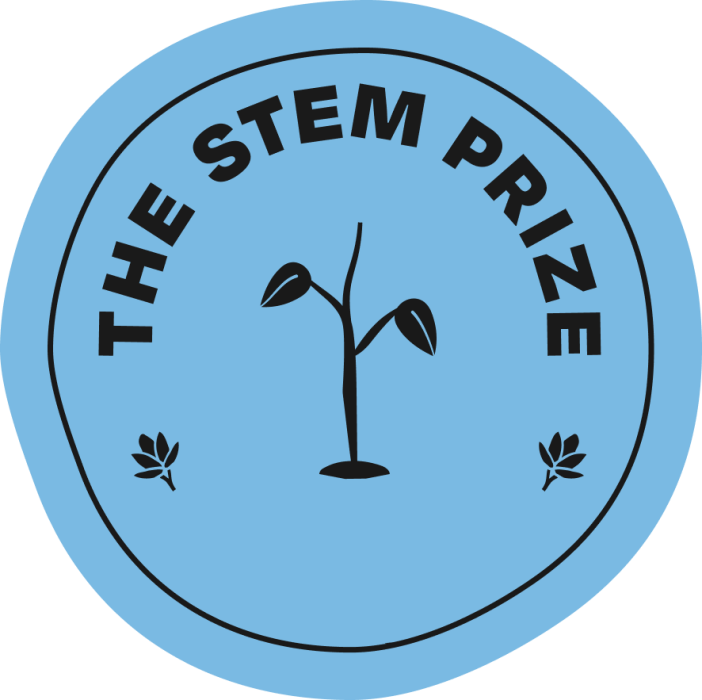
Artisanal fishing in the Sipacate-Naranjo National Park, Guatemala, plays a vital role in the subsistence and food security of local families. While previous studies in the region have focused on large species like elasmobranchs and finfish, the practice of mussel harvesting – primarily carried out by women- has been largely overlooked.
Guardianas del Estuario recognises the need to better understand the role of these fisherwomen and the ecological importance of molluscs in estuarine ecosystems and coastal communities. Generating more data on these fisheries is essential for ensuring the sustainable management of marine resources, as well as highlighting the significant role of women in this work.
Training these women in the biological monitoring of fishing resources is crucial for understanding the dynamics of the species they rely on, particularly since they have daily, hands-on experience with these resources. This training not only helps to develop effective conservation strategies through consistent data collection but also empowers women to make informed decisions about sustainable practices, environmental education, and their rights in protecting natural resources.
Investing in the training of young women is equally important, as it helps pass down knowledge to future generations, transforming them into stewards of both scientific and cultural wisdom. This creates a community that blends tradition with modern science, meeting the needs of the people while preserving the environment. Ultimately, training women in fisheries management not only promotes the sustainability of marine resources but also strengthens the entire community.

Born in Guatemala, Jabel is a 23-year-old who hopes that as humans, we can work to reconcile with nature. Since 2020, she has been involved in environmental conservation projects, particularly those located in coastal areas. One of the things she enjoys most about science is developing skills to communicate the data and ensuring it reaches as many places as possible, especially vulnerable communities, such as those on the coast. With the help and motivation of great professors, the project “Guardianas del Estuario” was born from a university research project. This project is based on the Pacific coast of Guatemala, but it aims to reach many other women, both nationally and internationally.
She has built important connections with other young people and projects thanks to her participation in national and international forums, talks, and conferences. She has had the opportunity to visit and train with other projects, especially those working with sea turtles and mangroves, experiences that increasingly motivate her to defend the coastal resources of her country.
With the support of the Seed Prize grant, Jabel aims to empower women by providing training on sustainable fishing practices and resource management. Her goal is to enhance local monitoring efforts for mussel fishing, enabling them to assess population health and propose effective management strategies. Additionally, they plan to evaluate the condition of the surrounding mangrove ecosystems that are integral to this activity. Based on the data collected, Jabel will also explore the potential for establishing mollusc aquaculture projects, fostering long-term sustainability and resource conservation.


